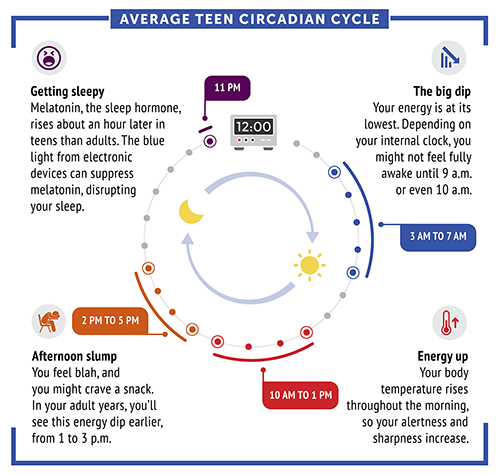Avoiding Computers, Smartphones Before Bedtime May Lower the Chance of Diabetes
Distressed Patriotic Flag Unisex T-Shirt - Celebrate Comfort and Country $11.29 USD Get it here>>

Women who avoid exposure to computer and phone screens before bedtime may have a lower risk of gestational diabetes, according to a study by Northwestern University.
Dr. Minjee Kim, an assistant professor of neurology at Northwestern University Feinberg School of Medicine, said that the risks of light exposure from such devices were under-recognised.
“Our study suggests that light exposure before bedtime may be an easily modifiable risk factor of gestational diabetes,” lead study author Dr. Kim said.

“Gestational diabetes is known to increase obstetric complications, and the mother’s risk of diabetes, heart disease, and dementia. The offspring also are more likely to have obesity and hypertension as they grow up.”
It occurs during pregnancy and is a complication that usually goes away after the baby is born but carries significant risks for both mother and offspring.
Researchers found that women with gestational diabetes are almost ten times more likely to develop type 2 diabetes compared to those who don’t have glucose issues during pregnancy.
It is rising fast globally and is now nearly 8 percent of all births in the U.S.
Overstimulated Nervous System
Kim and colleagues gave 741 women wrist-worn devices to measure their light exposure during their second trimester of pregnancy, the time when they receive routine screening for gestational diabetes.
They discovered that light exposure before bedtime caused overactivity of the sympathetic nervous system, meaning the heart rate goes up before bed when it should go down.
Anxiety, nervousness, insomnia, inability to relax, and poor digestion to name but a few may be signs of an overstimulated nervous system.
“It seems there is inappropriate activation of the fight or flight response when it is time to rest,” Kim said.
Sympathetic overactivity can contribute to obesity, insulin resistance, high blood pressure, and high cholesterol, all leading to cardiovascular diseases.
Overexposure
Bright lights in the home and from devices like televisions, computers, alarm clocks, and smartphones should be avoided three hours before going to bed, Kim said.
“We don’t think about the potential harm of keeping the environment bright from the moment we wake up until we go to bed,” Kim said.
“But it should be pretty dim for several hours before we go to bed. We probably don’t need that much light for whatever we do routinely in the evening.”
“But if you have to use them, keep the screens as dim as possible,” Kim said, suggesting people use the night light option and turn off the blue light.

Optimising the Circadian Rhythm
According to traditional Chinese medicine, synchronising one’s daily activities with the cycles of light and dark can regulate one’s circadian rhythm, influencing important functions in the body such as digestion and body temperature.
However, signals from the environment also affect circadian rhythms.
This may explain why many studies have revealed that nighttime exposure to light causes the loss of the sleep hormone melatonin and over time, weakens the immune system.

A disorganized circadian rhythm has been linked to elevated rates of cancer, diabetes, cardiovascular risks, obesity, mood disorders, and age-related macular degeneration.
“Humans are genetically adapted to a natural environment consisting of sunlight during the day and darkness at night,” epidemiology prof. Chandra Jackson said in a 2019 National Institutes of Health article.
“Exposure to artificial light at night may alter hormones and other biological processes in ways that raise the risk of health conditions like obesity.”
‘Diabetes a Sign of Nutritional Inadequacy’
Diabetes can also be prevented with a nutrient-rich diet, according to Dr. Joel Fuhrman, a physician and internationally recognized expert specialising in preventing and reversing disease through nutritional methods.
“If women eat [in] the high-nutrient dietary style, they will be protected from developing gestational diabetes and type 2 diabetes later in life,” Dr. Fuhrman said.
“Gestational diabetes is a sign of nutritional inadequacy. If you have gestational diabetes, the best medicine is no medicine.”
“Who knows what subtle, long-term effects diabetes medications may have on an unborn child? Superior nutrition is the safest and most effective choice.”

While eating healthy, losing weight, and exercising can reduce the risk of developing diabetes, turning down the lights may be a quicker and easier way to change up one’s routine.
“Turning down the lights is an easy modification you can make,” Kim said.
“Now I’m the light police at home. I see all this light I never thought about before. I try to dim the light as much as possible.”
“Just for evening activities such as dinner and bathing the kids, you don’t need bright light.”
The study conducted by Northwestern University scientists was published in the American Journal of Obstetrics and Gynecology Maternal Fetal Medicine on March 10, 2023.




